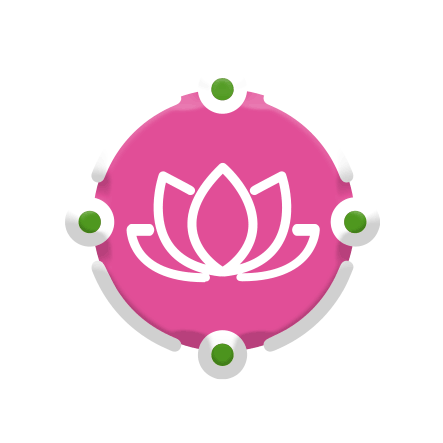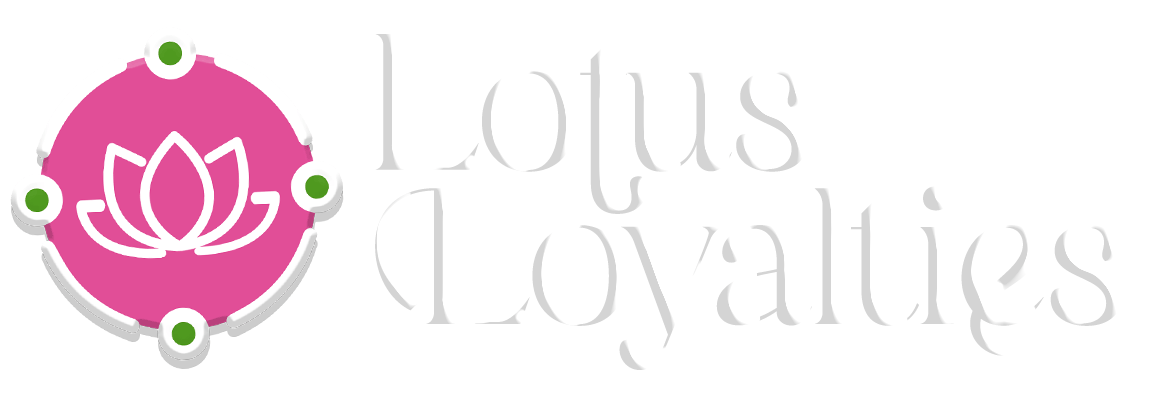
Welcome to ‘Breaking Free from Addictions: A Guide to Substance-Free Living.’ I’m thrilled you’re taking the first step towards a healthier and happier life.
Addiction can take hold of anyone, regardless of age or background. It’s not just about drugs or alcohol; it could be anything from gambling to social media.
The good news is that it’s possible to break free from addiction with the right tools and support. This guide will explore strategies for substance-free living, including identifying triggers, building healthy habits, and seeking professional help when necessary.
Let’s dive in!
Understanding Addiction And Its Effects
Addiction is a complex disease that affects millions of people worldwide. It’s not just about using drugs or alcohol; it’s a chronic and often relapsing disorder that changes how our brain works.
Addiction can have severe physical, emotional, and social consequences on individuals and their loved ones. The effects of addiction are widespread and can be seen in all aspects of life.
For instance, substance abuse can impair cognitive function leading to poor decision-making, diminished impulse control, impaired memory recall, and difficulties with problem-solving. Moreover, addiction can cause problems in personal relationships, such as increased conflict and decreased intimacy.
However, understanding addiction is the first step toward overcoming it. The journey to recovery starts with acknowledging the presence of an issue and seeking help from professionals who specialize in treating addiction disorders.
While there may be challenges, breaking free from addiction is possible with commitment, self-discipline, and family and friends’ support.
Identifying Triggers And Developing Coping Mechanisms
Now that we’ve explored addiction and its effects, it’s time to delve into identifying triggers and developing coping mechanisms.
Addiction is often linked with specific triggers or situations that lead to substance abuse. These triggers can be anything from stress at work, personal problems, or even social gatherings where alcohol is present. It’s essential to identify these triggers to avoid them in the future.
Once you have identified your triggers, developing healthy coping mechanisms is next. This involves finding alternative ways to deal with stressful situations without turning to substances. Coping mechanisms may include exercise, meditation, talking with a trusted friend or therapist, or engaging in hobbies you enjoy.
The key is to find activities that make you feel good about yourself and provide a healthy outlet for emotional release. Remember that recovery takes time and effort, but it is possible. Identifying triggers and developing effective coping mechanisms are crucial steps toward a substance-free lifestyle.
With dedication and support, you can break free from addiction and live a fulfilling life full of joy and purpose.
Building Healthy Habits And Routines
As you begin your journey towards substance-free living, it’s essential to acknowledge that breaking free from addiction is a process that requires patience and discipline. One of the most effective ways to cultivate these qualities is by building healthy habits and routines.
A daily routine can help create structure, especially during recovery when everything feels chaotic or uncertain. Start by setting aside time for self-care activities such as exercise, meditation, or journaling. These practices will improve your physical health and strengthen your mental and emotional well-being.
In addition to establishing a routine, building new healthy habits into your lifestyle is crucial. This could be anything from reading before bed instead of scrolling through social media, cooking nutritious meals at home instead of ordering takeout, or prioritizing quality time with loved ones over partying.
By making small changes like these, you’ll gradually replace old destructive patterns with positive behaviors that support your sobriety.
Seeking Professional Help And Support
As you break free from addiction, it’s important to remember that seeking professional help and support can be a crucial step toward lasting recovery.
Whether you’re struggling with alcoholism, drug addiction, or any other substance dependency, many resources are available to help guide you through the process.
One of the most effective means of support is behavioral therapy. This therapy aims to uncover the root causes of your addiction and helps you develop coping mechanisms for dealing with triggers in everyday life.
You may also benefit from group therapy sessions where you can connect with others who are going through similar experiences.
In addition to therapy, professionals may recommend medication-assisted treatment (MAT), depending on your specific needs. MAT combines medication with counseling and behavioral therapies to provide a comprehensive approach to treating addiction.
Remember that seeking professional help isn’t a sign of weakness but an acknowledgment that you need assistance overcoming this disease.
Maintaining Sobriety And Preventing Relapse
As discussed in the previous section, seeking professional help and support is essential to recovery. However, seeking help once is not enough; we must continuously work on maintaining sobriety and preventing relapse. It’s important to understand that addiction is a chronic disease and requires constant management.
Building a solid support system is one of the most effective ways to maintain sobriety. This may include attending regular meetings with other recovering addicts or joining a sober living community. These communities provide a sense of belonging and accountability that can be crucial in staying clean.
Additionally, practicing self-care is vital for long-term sobriety. This includes getting enough sleep, eating well-balanced meals, exercising regularly, and engaging in activities that bring joy and fulfillment.
It may also involve creating healthy coping mechanisms for dealing with stressors or triggers that could lead to relapse. Recovery is possible, but maintaining a substance-free lifestyle takes dedication and effort.
Conclusion
I urge you to take steps toward breaking free from your addictions.
Understand that addiction is a complex disease that affects not only your physical health but also your mental and emotional well-being.
It takes time and effort to overcome, but it can be done with the right mindset and support system.
Identify your triggers and develop healthy coping mechanisms.
Build new habits and routines that promote substance-free living.
Seek professional help when needed and surround yourself with supportive individuals who will encourage your sobriety journey.
Remember, maintaining sobriety requires ongoing commitment, self-awareness, and resilience.
With determination and perseverance, you can achieve a fulfilling life of substance-free living.



